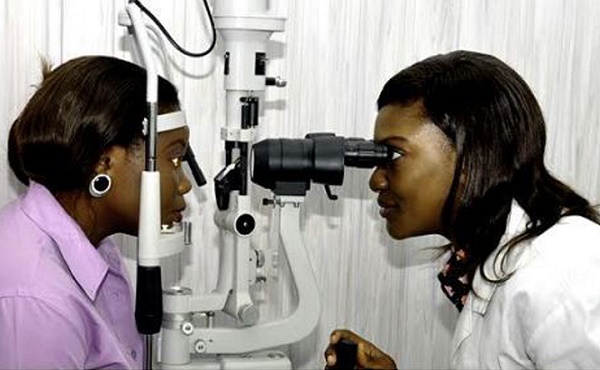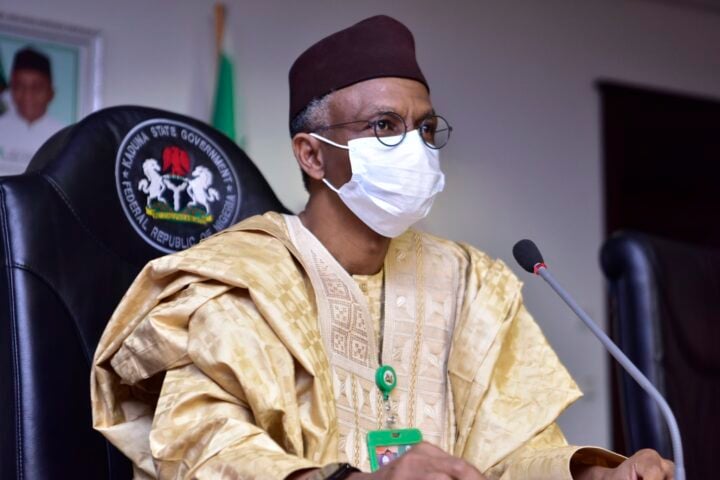Three reasons why eye exams are important
BY PRINCESS IFEOMA IKE
Glaucoma is a growing public health concern that needs more attention and effective eye health systems.
The World Glaucoma Week, which this year runs from the March 6-12, is an annual, globally celebrated event that helps spread awareness on the seriousness of this eye disease and the importance of monitoring your eye health. This year’s theme, “The world is bright, save your sight”, encourages Nigerians to make eye health a priority.
Glaucoma, nicknamed the ‘silent thief of sight’, is a disease of the optic nerve, which transmits the images you see from the eye to the brain and is made up of many nerve fibres. These nerve fibres become damaged which can cause vision loss. Since glaucoma has no noticeable symptoms, ongoing monitoring is needed to detect any changes.
Advertisement
Glaucoma is the leading cause of irreversible blindness globally and the second most common cause of blindness in Nigeria. The main risk factors for the development of glaucoma include high intraocular-eye pressure (although glaucoma can often develop with ‘normal’ intraocular pressure), increasing age, positive family history for glaucoma, ethnicity, history of eye injury and some eye surgeries, long-term and indiscriminate use of steroid medications, diseases like diabetes and high blood pressure, shortsightedness and farsightedness.
Glaucoma can affect any age group, including newborn babies, but is more common in older adults.
Statistics show that about 78 million people suffer from glaucoma worldwide, with 10 million blind while 111.8 million people are predicted to have glaucoma by 2040.
Advertisement
In Nigeria, about 2 million persons over 40 years suffer from glaucoma with 360,000 being blind while up to 90% of those with glaucoma in Nigeria do not know they have the disease. Hence, the need to create more awareness.
The key to blindness prevention in glaucoma is early detection and can only be achieved by periodic and regular eye examination, especially for people at risk. It is recommended that people at risk should have a comprehensive eye examination annually.
I’m pleading with the government to employ more optometrists as they are primary healthcare professionals who provide primary vision care, ranging from sight testing and correction to the diagnosis, treatment, and management of vision changes including glaucoma, as this will surely be a major boost to the effort of preventing blindness through the provision of the needed eye care interventions at proximal locations to all persons in the country at all times.
Princess Ifeoma Ike is a public health optometrist at Princess Vision Eye Clinic Limited, Abuja, as well as the current national advocacy secretary of the Nigerian Optometric Association.
Advertisement
Views expressed by contributors are strictly personal and not of TheCable.
Add a comment






